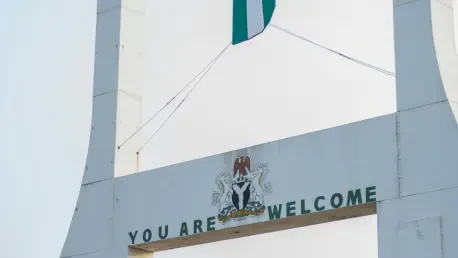The considerable discrepancy between the official and black market exchange rates of the Dollar to Naira has created significant economic challenges in Nigeria. As of Monday, April 21st, 2025, the black market rate stands at N1,590 for buying and N1,600 for selling. This disparity is driven by a persistent dollar shortage in official channels, heightened demand from importers and travelers, delays in foreign exchange allocations from banks, and weak investor confidence in Nigeria’s forex system.
The Central Bank of Nigeria (CBN) heavily regulates the official exchange window, restricting access to foreign exchange for certain imports and personal travel allowances. This regulatory environment pushes businesses and individuals toward the black market, widening the gap between official and black market rates. Real-time updates from platforms like Aboki Forex and Investors King highlight the demand-supply imbalance.
The high Dollar to Naira exchange rate in the black market significantly impacts the Nigerian economy, especially the cost of imported goods and inflation. Businesses transfer higher forex costs to consumers, exacerbating economic strain. The situation underscores the urgent need for structural reforms to enhance Nigeria’s forex inflow through non-oil exports, diaspora remittances, and foreign direct investments (FDI).
In conclusion, addressing the gap in exchange rates is crucial for economic stability. Comprehensive reforms are essential to stabilize the Naira, as the reliance on the black market for forex continues amid tight official controls.









